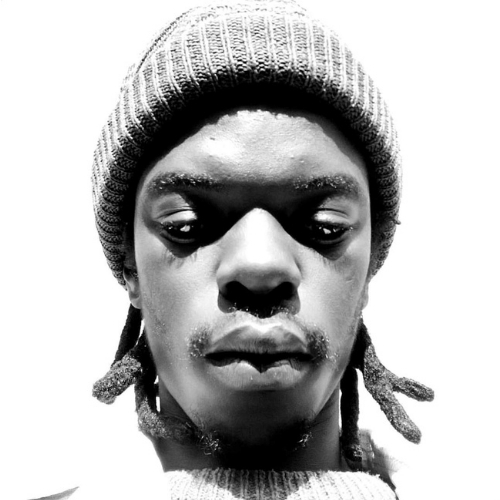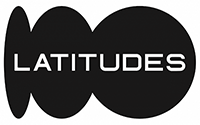Clement Mohale

Clement Mohale (b. 1994, Bela-Bela, Limpopo) is a contemporary South African artist whose passion for art began in childhood. Mentored by the late Ernest Ditshego at The African Art Center, Clement developed foundational skills in the arts. In 2007, he won the Manager's Choice Award in the Cashbuild Art At HeArt Community Competition, marking the start of his journey as an artist.
Clement's work is bold, vibrant, and deeply emotive, inspired by the daily lived experiences that shape the human condition. His mixed-media creations delve into themes such as childhood memories, identity, inner struggle, and socio-political and economic issues like poverty, homelessness, and limited access to education. Children often take center stage in his art, symbolizing hope and resilience.
His style is characterized by the use of flat and impasto oil and acrylic paints, exploiting color and strong light to create rhythmic movement. His subject matter is predominantly painted in monochrome, with series of blues capturing fleeting gestures or expressions. Clement’s compositions juxtapose his subjects against brilliant and pure colors, creating a powerful visual impact.
Clement's work has been featured in numerous exhibitions and special projects, including his solo exhibition 'The creative adult is the one who survived' at NWU Gallery and the group exhibition 'Shattered ceilings' presented by The Pencil Club. He has been a finalist in significant art competitions and projects, including The Lockdown Collection Portfolio and The Green Recovery Portfolio project. His artwork has gained international recognition, with collections in the U.S., Switzerland, Germany, France, England, and beyond.
In 2021, Clement obtained a certificate of Contemporary Art Practice with CAP Institute and completed a printmaking course at Artist Proof Studio in Houghton, Johannesburg. His vision extends beyond the canvas, striving to illuminate how socio-political and economic issues impact individuals, prompting viewers to reflect on their own roles in creating a more equitable world.
Read More

























